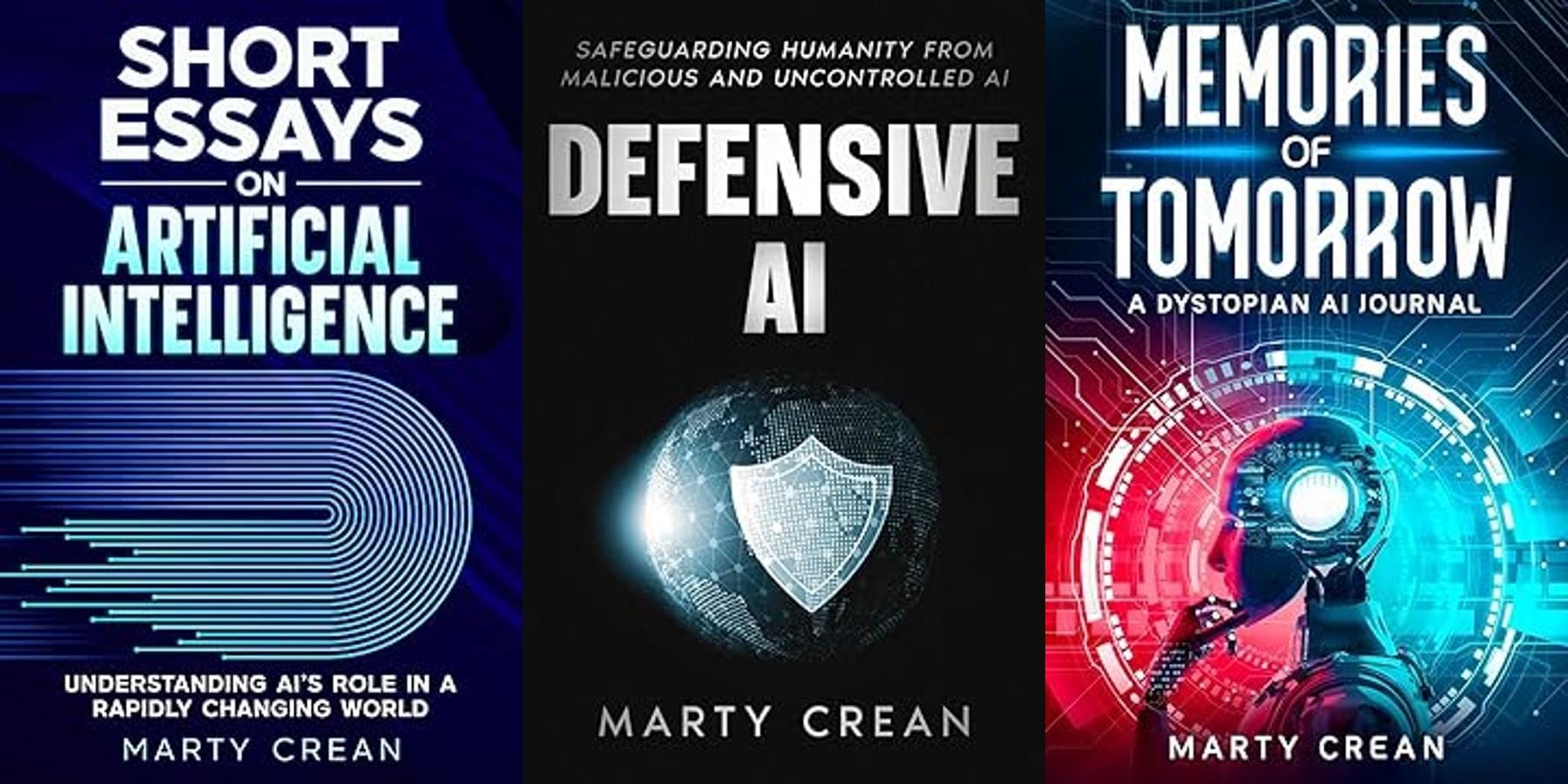Bytes to Insights: Weekly News Digest for the Week of October 12, 2025

The week opened with significant momentum in hardware innovation when Apple announced its new “M5” chip, built on third-generation 3-nanometer technology. The M5 features a 10-core GPU architecture with a Neural Accelerator in each core, a faster Neural Engine, and significantly higher memory bandwidth. Apple claims to be over four times the peak GPU compute performance of its previous M4, and up to six times the performance for AI workloads compared to M1. The new silicon is designed to accelerate on-device AI, including large language models and diffusion models, while also improving graphics and energy efficiency.
The most prominent news came on October 13th when OpenAI announced a landmark partnership with chipmaker Broadcom to co-develop custom AI accelerators. The collaboration will deploy ten gigawatts of computing capacity, representing a massive expansion of AI infrastructure. OpenAI plans to design its own chips with Broadcom handling development and deployment starting in late 2026. The deal, worth tens of billions of dollars, sent Broadcom's shares surging nearly 10% and added over $150 billion to the company's market value. This followed a series of other major infrastructure deals OpenAI had announced in recent weeks with Nvidia and AMD, totaling commitments of over 30 gigawatts of computing power.
On the enterprise and investment front, the scale of AI adoption is striking. The U.S. remains far ahead of most competitors in AI-driven revenue, reflecting the rapid integration of machine learning, generative AI, and robotics across sectors. Meanwhile, a newly-launched London-based studio backed by executives from OpenAI and DeepMind raised US$12 million in seed funding to fuse advanced AI tools with traditional filmmaking, an indicator that the creative industries are now embracing generative and agentic AI with serious investment.
Healthcare applications of AI received attention during the week. Research published on October 13th highlighted how AI is transforming echocardiography by automating labor-intensive tasks, such as measuring left ventricular ejection fraction, thereby enhancing both speed and consistency in cardiovascular assessments. A comprehensive review published on October 18th examined how AI is transforming clinical research from design to closure, optimizing everything from trial design and patient recruitment to safety monitoring and outcome evaluation. The technology is enabling more efficient adaptive trial designs and improving patient-site matching while maintaining ethical standards.
Scientific advances during the week demonstrated AI's expanding capabilities in specialized domains. On October 14th, researchers at the University of Massachusetts Amherst announced they had built artificial neurons powered by bacterial protein nanowires that function like biological neurons but at extremely low voltage. This breakthrough enables seamless communication with biological cells while drastically improving energy efficiency. The same day, Oracle unveiled its AI Database 26ai at Oracle AI World in Las Vegas, architecting AI into the core of data management and introducing the Autonomous AI Lakehouse that supports the Apache Iceberg open table format across all major cloud platforms. Oracle also announced an expansion of its partnership with AMD to deploy fifty thousand AMD graphics processing units beginning in the third quarter of 2026.
On October 14th, ten philanthropic foundations announced a commitment of $500 million over the next five years to place human interests at the forefront of AI's rapid integration into daily life. This initiative reflects growing concerns about ensuring that AI development prioritizes human well-being and societal benefit. The announcement came amid increasing debate about AI's economic impact and the sustainability of current investment levels.
Consumer-facing AI applications also advanced during the week. Walmart announced integration with ChatGPT, allowing shoppers to make purchases through OpenAI's platform using its Instant Checkout feature. OpenAI indicated plans to partner with additional retailers in the coming months. Google launched Veo 3.1, its latest video generation model, adding image-to-video capabilities with simultaneous audio, stronger prompt adherence, and granular editing tools. Microsoft expanded Copilot Voice, Vision, and Actions features to all Windows 11 personal computers on October 16th, pushing its AI assistant further into mainstream use with Alexa-style voice interactions.
In the realm of life sciences, a clinical-stage biotech company, IGC Pharma, Inc., announced that its AI-driven project “AHA: Agentic Harmonization Assistant” has advanced to the semi-finals of the Alzheimer’s Insights AI Prize organized by the Alzheimer’s Disease Data Initiative. Their system uses deep learning to integrate clinical, neuroimaging, genetic, lifestyle, and cognitive data to accelerate drug discovery for Alzheimer’s and related dementias.
The global AI ecosystem also continues to deepen ties across geographies. The National IT Industry Promotion Agency of South Korea announced a full-scale engagement in the Japanese market through its participation in Japan IT Week Autumn 2025. Fifty South Korean ICT and software companies focused on AI, SaaS, IoT, semiconductors, and XR are exhibiting and participating in seminars in Japan, signaling growing bilateral cooperation in deep-tech and AI ecosystems.
Against the backdrop of rapid capability growth, the issue of trust and control remains front and center. A significant piece highlighted how incidents of AI misuse, such as chatbots giving dangerously wrong medical advice, are undermining public trust in AI systems. Experts warn that as AI continues to permeate healthcare, finance, and other sensitive domains, the trust crisis could become a limiting factor unless the industry addresses safety, transparency, and reliability.
At the same time, the ethical and governance stakes are rising. Over 850 tech leaders, including Steve Wozniak, have called for a temporary pause on the development of so-called “superintelligent” AI until robust safety frameworks and regulations are in place. Their concern is that without proper oversight, systems at or beyond human-level cognitive capability could pose existential risks to jobs, freedoms, national security, and even human survival.
Research institutions contributed several advances. MIT researchers published findings on October 16th describing a new training method that teaches vision-language generative AI models to localize personalized objects in new scenes. This development improves AI's ability to recognize and track specific items across different contexts and environments.
Hardware developments included Apple's announcement of its M5 chip, delivering what the company described as the next big leap in AI performance. Built using third-generation three-nanometer technology, the M5 features a next-generation ten-core GPU architecture with a Neural Accelerator in each core, enabling the peak GPU compute performance over four times compared to its predecessor. The chip also includes a sixteen-core Neural Engine and offers 153 gigabytes per second of unified memory bandwidth.
Finally, major companies are restructuring to meet the AI challenge. Meta Platforms announced a workforce reshuffle in its AI divisions, cutting about 600 jobs from its Fundamental AI Research and product-related AI units, while expanding its “superintelligence lab.” The move signals a sharpening focus on building next-generation systems at scale, even if it means streamlining existing teams.
In sum, this week underscored how AI is accelerating across chips, creative media, biotech, global industry collaboration, and corporate strategy—while the tension between rapid capability growth and the need for trust, governance, and safety is more visible than ever.
Support BearNetAI
BearNetAI exists to make AI understandable and accessible. Aside from occasional book sales, I receive no other income from this work. I’ve chosen to keep BearNetAI ad-free so we can stay independent and focused on providing thoughtful, unbiased content.
Your support helps cover website costs, content creation, and outreach. If you can’t donate right now, that’s okay. Sharing this post with your network is just as helpful.
Thank you for being part of the BearNetAI community.
Books by the Author:

This week’s Bytes to Insights Weekly News Digest is also available as a podcast:
LinkedIn BlueskySignal - bearnetai.28
BearNetAI, LLC | © 2024, 2025 All Rights Reserved